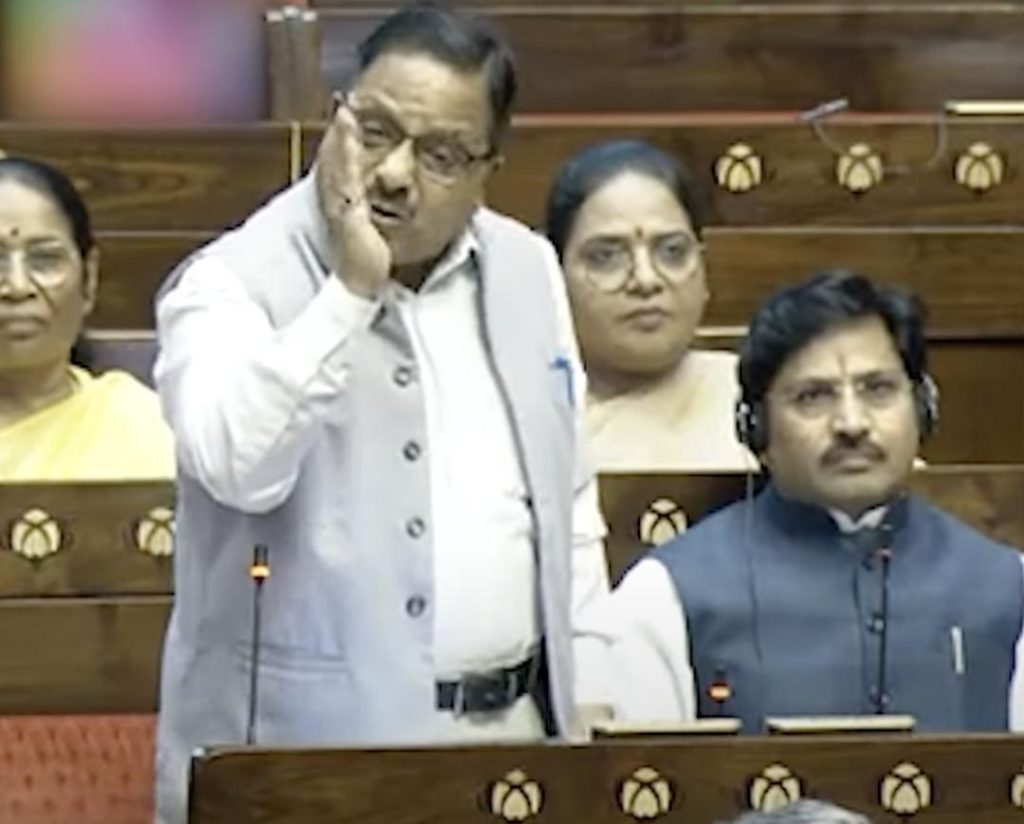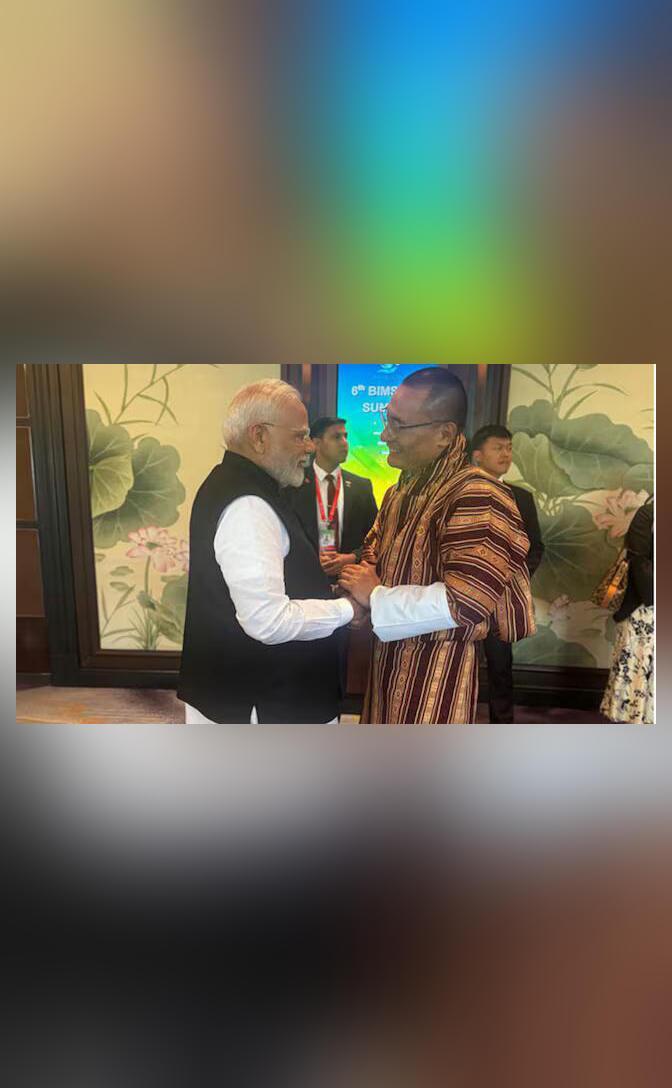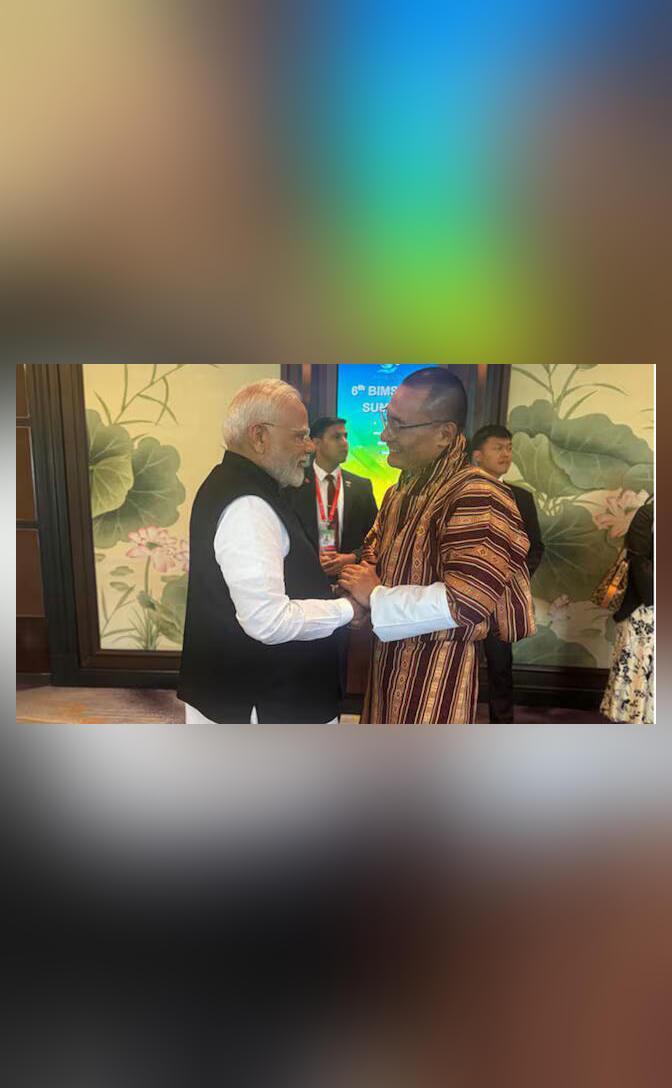
Should I Read Quran and Tell You What’s Written in It: BJP MP Radha Mohan Das on Waqf Bill
The debate surrounding the Waqf Bill has reached new heights, with various stakeholders sharing their opinions and concerns. In a recent discussion on the bill, BJP MP Radha Mohan Das raised eyebrows by asking if he should read the Quran and tell the nation what’s written in it. This statement has sparked a heated debate, with many wondering what he meant by his comment.
To understand the context, it’s essential to know what the Waqf Bill is all about. The Waqf Bill aims to amend the Waqf Act, 1995, which governs the management and administration of Waqf properties in India. The Waqf properties are a type of charity property that belongs to the Muslim community and is managed by the Waqf Board. The board is responsible for the maintenance and administration of these properties, which include mosques, madrasas, libraries, and other charitable institutions.
Now, let’s dive into the statement made by Radha Mohan Das. During the discussion on the Waqf Bill, he asked, “The Quran says that even if one rupee is given to anyone, there should be a written record…And you say you have so many properties without a record.” He was referring to the Waqf Board’s management of the Waqf properties, which he claimed lacked transparency and accountability.
It’s essential to understand that Radha Mohan Das’ statement was not an attempt to criticize the Quran or Islam. Rather, he was using the Quranic verse to highlight the importance of transparency and accountability in the management of Waqf properties. He was questioning the Waqf Board’s lack of records and documentation regarding the properties under its control.
The Quranic verse that Radha Mohan Das referred to is likely Surah Al-Baqarah, Verse 282, which states, “O ye who believe! When ye contract a debt for a fixed term, write it down.” This verse emphasizes the importance of written records and documentation in financial transactions. Radha Mohan Das was pointing out that the Waqf Board’s failure to maintain records was a breach of this Islamic principle.
Radha Mohan Das’ statement has sparked a debate, with many questioning his intentions. Some have accused him of using Islamophobic rhetoric, while others have defended his statement as a legitimate critique of the Waqf Board’s management practices. However, it’s essential to separate the Quranic verse from Radha Mohan Das’ personal beliefs and intentions.
In conclusion, Radha Mohan Das’ statement was not an attempt to criticize Islam or the Quran. Rather, he was using a Quranic verse to highlight the importance of transparency and accountability in the management of Waqf properties. His statement has sparked a debate, and it’s essential to engage in a constructive discussion that focuses on the issues at hand, rather than making personal attacks.
Sources:






